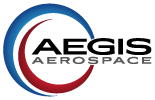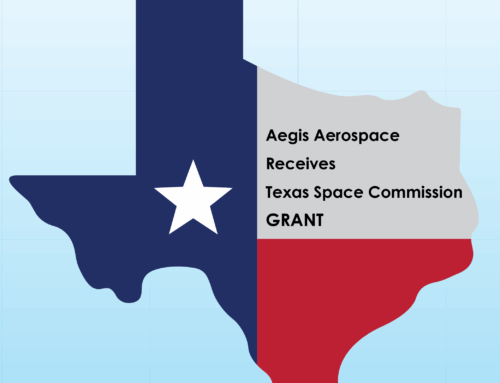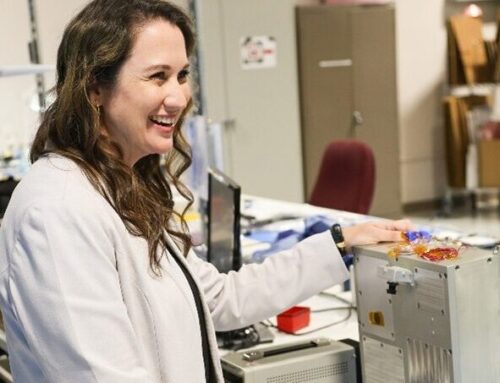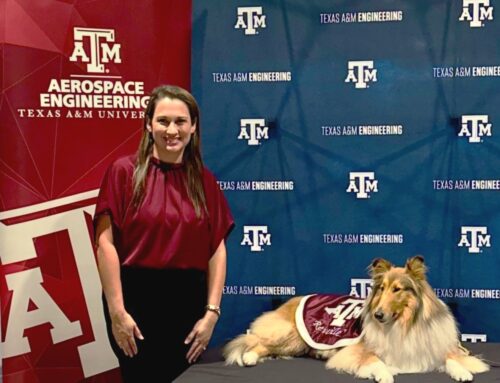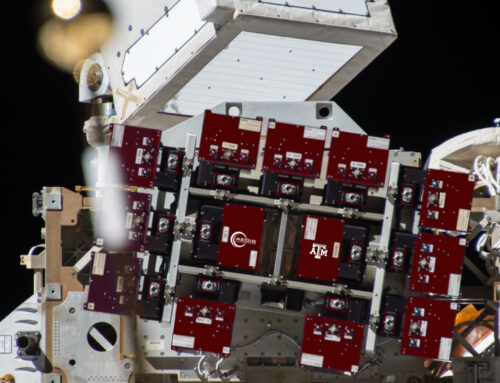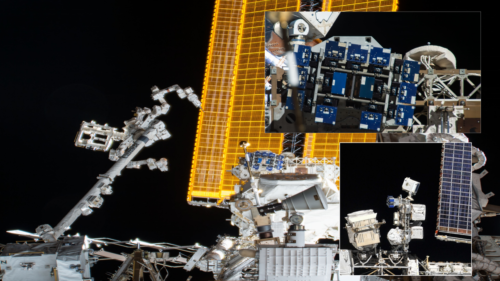
Alpha Space celebrates third successful installation of MISSE carriers on the International Space Station
Alpha Space Test and Research Alliance, LLC (Alpha Space), the only company in the world to own and operate a dedicated external testing facility in space, announced today that three new science and experiment carriers have been robotically installed on its MISSE facility on the International Space Station and successfully initiated for operations. MISSE, an orbiting, commercial science and testing facility, is permanently installed on the exterior of the ISS and serves the space technology development, space research, and materials science communities.
“This is our second exchange mission and third successful installation,” stated Mark Gittleman, Alpha Space president and CEO, “and it includes our first powered experiments and an important new MISSE capability – a test bed for solar cells. The test bed gives us the ability to test new solar cells in the real space environment, which means our customers can measure their solar cells’ performance with pure, unfiltered sunlight and learn how their new designs, materials and coatings respond over an extended timeframe. We believe this will significantly speed the development of efficient new solar cells for space and Earth applications.”

The three MISSE carriers delivered on this latest mission hold 99 unique science and engineering experiments and tests for a wide range of customers including large and small aerospace companies, research universities, high school students and government agencies. All the experiments and samples will be returned to their owners; some of the carriers will return to Earth after roughly six months and others after roughly 12 months.
“Customer feedback has been fantastic,” stated Gittleman. “Our customers appreciate how easy we make it to get their experiments to space and are excited about what they learn from both their in-space testing and their post-flight examinations.”
Alpha Space will continue to launch and return MISSE science and experiment carriers approximately every six months for the rest of the ISS’ planned life, working through a cooperative agreement with NASA and a user agreement with the ISS National Lab. By making the facility permanent, Alpha Space, NASA, and the ISSNL have dramatically reduced the cost and logistical difficulties of testing in space. They have also created the unique ability to provide extended exposure to the space environment.
“Our next two launches are scheduled for October 2019 and spring 2020,” shared Gittleman, “and we still have room for new experiments and tests.”
